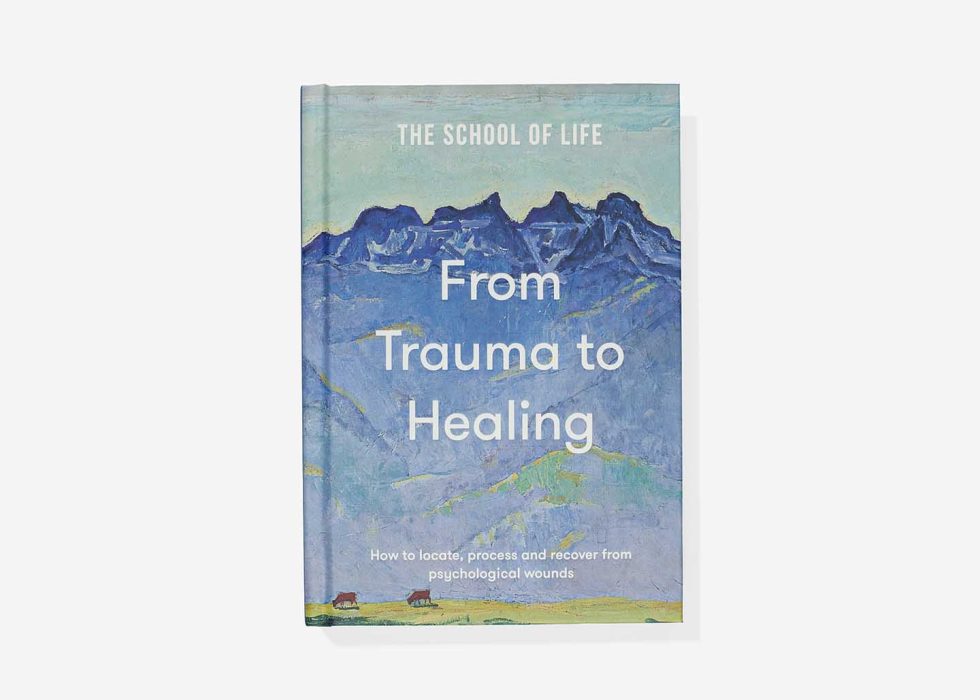Self-Knowledge • Growth & Maturity
We Are All Lonely – Now Can We Be Friends?
However appalling it may feel, loneliness is – in the end – always an illusion; an unfortunate consequence of not knowing other people well enough. In our isolated hutches, we develop a picture of what our fellow humans are like which – cruelly – bears little relation to reality. We destroy our self-confidence with repeated convictions that we are the only ones who can feel so many regrets, who are so foolish and so repulsive, who have said so many silly and naive things, who are so confused and so at sea, so despairing and so hopeful, so worried and so fragile. It’s even very difficult – despite every rational reassurance – not in the end to believe that we are the only ones without a partner or who will be alone (again) on Saturday night.
In other words, the root cause of loneliness is a lack of reliable information about the true context in which our feelings of isolation unfold; an erroneous fixation that we must be alone in feeling alone.
But nature doesn’t create anomalies on the scale we posit. We cannot – on a planet of eight billion – be as peculiar as we suppose. We never have more in common with others than when we are convinced of our isolation. If only we could believe it, right now the famous person is lonely, the distinguished person is lonely, the beautiful person without any apparent problems is lonely. The person writing this – and the one reading it – are lonely. This one can’t find a way to tell the world who they are sexually; that one never asks for help because they think they will be rejected. This one – who weeps every night – wears a convincing smile every day; that one who appears strong suspects everyone is mocking them. If our collected sighs could be heard, they would be the loudest, most sorrowful sound in the universe.
Deep into the 21st century, we remain hopeless at choreographing events which could give us a chance at breaking down the walls. We continue to make do with institutions known as ‘parties’, in which we manoeuvre with unwieldy enquiries, like animals trying to break into a jar of honey: ‘Been doing anything interesting lately?’ we grimace, ‘Got any plans for the holidays?’ We haven’t made progress since the Sumerians.
In fairness, at various points in history, a few ambitious people have had a go at rethinking sociability. There were monks and nuns who took themselves away to sublime buildings in the countryside and attempted to create tight communities in which their souls might mingle with those of others under the eyes of a benevolent god. There were aristocratic hosts and hostesses who put on lavish dinners and intellectual salons and strived to ensure that the ambassador would meet the scientist and the wit could charm the reverend. But none of this has necessarily helped. We may be living in a city of 10 million – and still have no one to eat with tonight. We have worlds to offer and yet most of us could consider ourselves lucky if we died with two good friends to our name.
This is where art may – on a good day – play a role. We sometimes wonder what it might really be for; the claim here is that it accedes to one of its highest functions when it manages to introduce us to one another’s interior lives, when it can tell us something of what everyone is really thinking and what we might actually want to say – were we not so inhibited and so ashamed, when it functions as the perfect, abstracted friend, the sort we imagine so well and meet so seldom.
Whenever art manages to do this – be it in a film, a novel, a poem, or a set of photographs – we tend to register a basic sense of amazement. How astonishing, we come away thinking, that we’re perhaps not wholly distinctive after all. Maybe, despite the surface guff, we’re all siblings in the most beautiful, releasing and touching of ways; we in Sydney and La Paz, Ennetmoos and Accra, all somewhat mad, intense, broken, idealistic, desperate and craving. For a moment, we may feel dizzy at the unity of our state; there has been no point to all our years of reserve and suspicion. The whole defensive structure has always built on an error. We are among friends, always, we live with brothers and sisters and never know it. The thought threatens to transform everything.
This kind of happiness can be hard to bear. Which is perhaps why, like many essential ideas, it is in the habit of weakening over time. We need constant reminders of its force – and of its revolutionary potential.
It’s in the very confession of our sense of isolation that we can find redemption. Once someone has said ‘I’m lonely’, there is never any further reason to believe in our singularity; it’s probably the most generous utterance of which anyone is capable. The cause of loneliness is a myth, a devilish myth about what it is to be a normal person. We are only ever lacking information, never humanity or a chance at a new friendship.



























